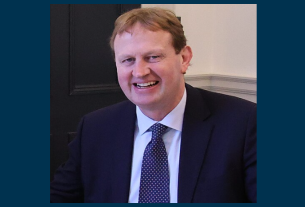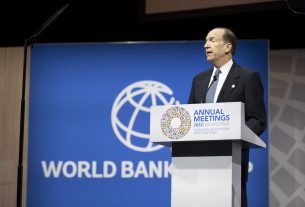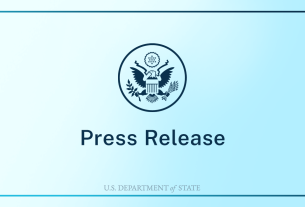In a move that has sparked widespread backlash, Albanian Prime Minister Edi Rama confirmed on Saturday that TikTok, the popular short-video platform, will be banned in the country for a year, starting in January. The decision, which has been met with strong resistance from many of the platform’s young users, comes amid concerns that TikTok has contributed to an increase in incidents of violence, cyberbullying, and harmful content, particularly among the youth.
The Government’s Position: A Response to Rising Concerns
Prime Minister Rama defended the temporary ban, stating that the platform has become a breeding ground for violence and bullying. He specifically cited reports of an uptick in incidents involving young people, arguing that TikTok’s algorithm and content-sharing mechanisms often prioritize sensational and harmful material, exacerbating social issues. The Albanian government has expressed a strong desire to curb the influence of such content on vulnerable populations, particularly minors, who make up a significant portion of TikTok’s user base.
Rama’s statement marks a continuation of the government’s efforts to address what it views as a growing public health issue related to digital platforms. The Albanian government has also referenced similar moves by other countries concerned with the potential negative effects of social media on mental health, particularly in the context of young people.
Reactions from TikTok Users and Critics
The decision to block TikTok has provoked significant anger, particularly from younger Albanians who form a large part of the platform’s audience. For many, TikTok has become not only a source of entertainment but also a platform for creativity and self-expression. The ban has been criticized as an overreach, with opponents arguing that it infringes on freedom of expression and limits access to a platform that has become integral to global youth culture.
Many users have voiced concerns on social media, expressing their disappointment with the government’s decision. Some have even gone so far as to question whether a one-year ban will effectively address the underlying problems that the government aims to tackle. Critics suggest that the issue lies more with the regulation of content and the promotion of digital literacy among young users, rather than the removal of an entire platform.
The Broader Context: Global Concerns Over Social Media’s Impact
Albania’s decision to block TikTok fits into a broader global context where governments are grappling with the influence of social media platforms on society. Many countries have increasingly raised concerns about the role of platforms like TikTok in fostering cyberbullying, spreading misinformation, and promoting harmful content.
While some see Albania’s move as a necessary step to protect its citizens, others view it as a reactive measure that may not address the root causes of the issues at hand. Experts have long debated the balance between protecting young people from harmful content online and ensuring the free flow of information on digital platforms.
The Path Forward: What This Means for TikTok and Albanian Users
The Albanian government’s one-year ban is set to take effect in the coming weeks, and TikTok’s young user base will be forced to turn to alternative platforms for video sharing and social interaction. This may spur other countries to follow suit or reconsider their policies regarding social media platforms, especially as concerns over online safety continue to grow.
The real challenge, however, may lie in the longer-term impact of such bans on digital culture. While TikTok’s absence in Albania may curb immediate concerns, it remains to be seen how the government will address broader issues such as digital education, mental health, and the regulation of online content in the future.
For now, Albanian users must find new ways to engage with the online world, as TikTok becomes the latest casualty in the global debate over the responsibilities of tech giants to protect their users.



